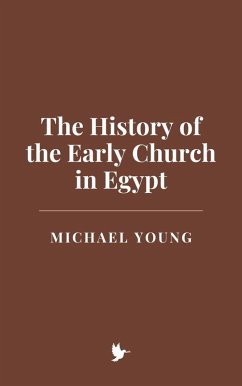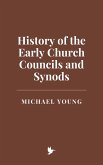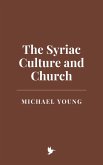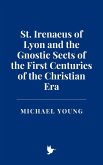Throughout the medieval period, the Church maintained its spiritual and theological integrity despite political pressures, especially during the Fatimid, Ayyubid, and Mamluk dynasties, when Copts faced increasing social and economic marginalization. With the onset of Ottoman rule in the 16th century, the Coptic Church found itself navigating a complex relationship with the ruling Islamic powers, ultimately preserving its religious traditions and culture in the face of political subjugation.
The book also focuses on the modern era, examining the political upheavals of the 20th century, such as the Egyptian Revolution of 1952, the rise of Islamism, and the challenges Copts faced under Nasser's regime and beyond. The fall of the Muslim Brotherhood, the rise of Abdel Fattah el-Sisi, and the ongoing sectarian violence against Copts are key themes explored in the context of the Church's evolving relationship with the state and its role in modern Egypt. The Coptic diaspora also plays a crucial role in advocating for the Coptic community's rights and raising global awareness of the challenges faced by Egyptian Christians.
In its entirety, the book offers a comprehensive exploration of the Coptic Orthodox Church's survival, resilience, and transformation over the centuries. It underscores the role of the Church not just as a religious institution but as a key player in the socio-political and cultural life of Egypt, reflecting the broader challenges faced by Christian minorities in the Islamic world. The Coptic Church's unwavering commitment to preserving its ancient traditions, its theological identity, and its community spirit provides a testament to the enduring strength of a people who, despite centuries of adversity, have maintained their faith and culture in an ever-changing world.
Dieser Download kann aus rechtlichen Gründen nur mit Rechnungsadresse in A, B, CY, CZ, D, DK, EW, E, FIN, F, GR, H, IRL, I, LT, L, LR, M, NL, PL, P, R, S, SLO, SK ausgeliefert werden.









